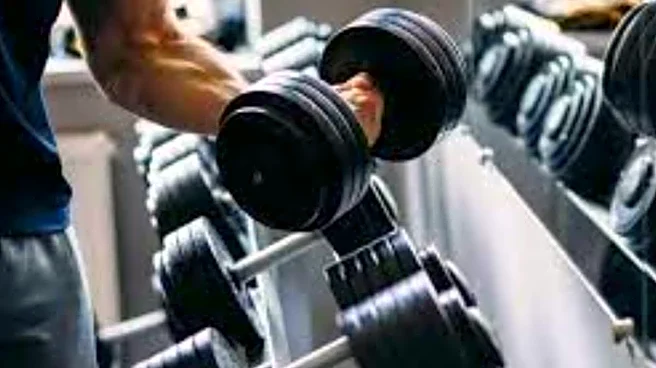Muscle ache after every workout is a serious concern that many people often overlook. Also, it’s not just muscle soreness that can ruin your day; sometimes, even after a long night’s sleep post-workout, you still wake up feeling unusually tired and low on energy. If this sounds familiar, then your body might be signalling a deficiency you haven’t paid attention to yet, which is magnesium.
While most people focus only on protein intake, hydration, or getting enough rest, magnesium plays an equally important role in the process. The powerful mineral can help ease cramps, improve stamina levels and support overall muscle recovery. Popularly called the ‘relaxation muscle’, magnesium is often overlooked in comparison to other elements, thus leading
many to struggle with fatigue and discomfort without realising the real reason behind it.
Why Magnesium Matters More Than You Think?
When your body has low magnesium levels, you will have to deal with cramps and fatigue after having a workout session. Magnesium helps your muscles relax and recover after a workout, but when you don’t have enough of it, that tightness just lingers. Your body struggles to flush out lactic acid, and you end up feeling unusually stiff and exhausted instead of refreshed.
Not just this, magnesium can help boost your stamina as it converts food into energy. Along with energy and muscle strength, the ‘relaxation’ mineral can also help improve your sleep cycle. It regulates melatonin levels in your body, makes your nervous system calm and helps you sleep peacefully. This helps you recover faster.
How To Ensure Your Body Gets the Magnesium It Needs
As per Healthline, magnesium is found in dark chocolate, avocados, nuts like almonds, cashews, and Brazil nuts, legumes like lentils, chickpeas, and soybeans, tofu, flax seeds, pumpkin seeds, chia seeds, whole grains like wheat and barley, bananas, and leafy greens.
Along with muscle strength, magnesium can also help regulate blood sugar levels, improve heart health, prevent migraine attacks, and strengthen bone health. Some research also suggests that it can help reduce anxiety symptoms.



/images/ppid_a911dc6a-image-177106302538573741.webp)


/images/ppid_a911dc6a-image-177106656271312559.webp)


/images/ppid_a911dc6a-image-177106653471992789.webp)





/images/ppid_a911dc6a-image-17710654257455666.webp)

